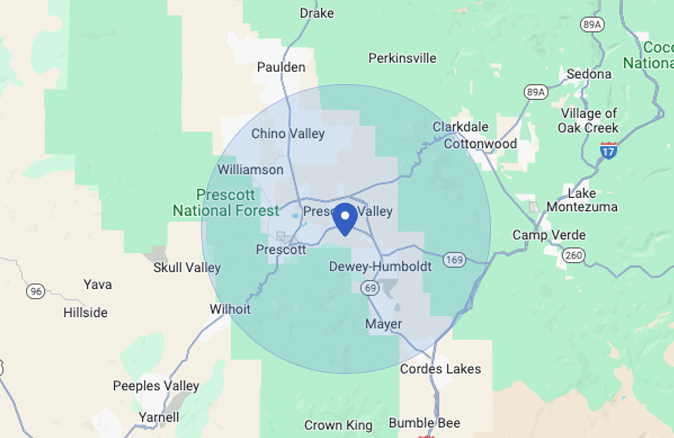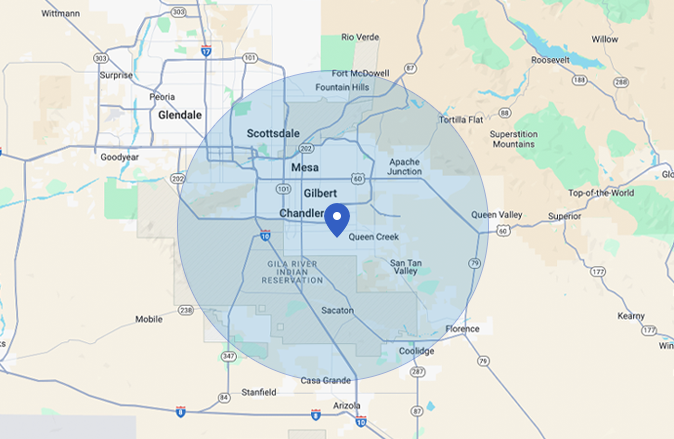Understanding SEER ratings is crucial when shopping for a new air conditioner. This guide aims to answer the following questions:
- What is a SEER rating?
- What is a good SEER rating?
Let’s dive into everything you need to know about SEER ratings so you can make an informed purchase.
SEER Rating Explained
SEER stands for Seasonal Energy Efficiency Ratio. It measures an air conditioner’s cooling output over a typical season, divided by the energy consumed in watt-hours. Think of SEER as the MPG (miles per gallon) for your air conditioner. Just as a car with higher MPG uses less fuel to travel the same distance, an AC with a higher SEER rating uses less energy to cool your home.
Remember: SEER represents the unit’s maximum efficiency under optimal conditions, similar to a car’s best highway MPG.
What is a Good SEER Rating?
When it comes to SEER ratings, higher numbers indicate better efficiency:
- 15 SEER: Minimum SEER rating in the Southwestern United States
- 16 SEER: Good efficiency
- 17-18 SEER: High efficiency
- 19-21 SEER: Very high efficiency
- 22+ SEER: Ultra-high efficiency
In Arizona’s hot climate, investing in an AC with a higher SEER rating can lead to significant energy savings. However, the “best” rating for you depends on factors like your budget, home size, and cooling needs.
How to Find Your AC’s SEER Rating
If you’re considering an upgrade, here’s how to find your current AC’s SEER rating:
- Check the yellow EnergyGuide sticker on your outdoor unit.
- Look for a paper label on the indoor air handler unit.
- Check the model number (e.g., “XV20i” might represent up to 20 SEER).
- Contact the manufacturer with your model and serial number.
Why SEER Ratings Matter
Understanding AC SEER ratings is crucial for several reasons:
- Energy Savings: Higher SEER-rated units consume less electricity, saving you money on your energy bills.
- Comfort: High-SEER units often have advanced features for better temperature and humidity control.
- Rebates and Incentives: Many utility companies offer rebates for installing high-SEER AC units.
- Environmental Impact: More efficient ACs reduce your carbon footprint and often use more environmentally friendly refrigerants.
SEER Ratings and Your Energy Bills
While higher SEER ratings generally lead to energy savings, the exact amount can vary widely based on factors such as:
- Your home’s size and insulation
- How often you use your AC
- Local energy rates
- Your temperature preferences
- The condition and efficiency of your ductwork
The U.S. Department of Energy estimates that upgrading from a 9 SEER to a 14 SEER unit can reduce cooling costs by more than 35%. Further upgrades to higher SEER ratings can provide additional savings, but the incremental benefit decreases as SEER increases.
To get a more accurate estimate of potential savings for your specific situation, it’s best to consult with a professional HVAC technician who can assess your home and current system.
SEER Rating FAQ
Can I just replace my old AC with the highest SEER-rated unit available?
You must choose an AC that’s properly sized for your home. Even with a high SEER rating, an oversized unit can lead to inefficient cooling and higher energy bills.
How much can I save with a higher SEER-rated AC?
Savings vary based on your current AC’s efficiency, local energy costs, and climate. A professional assessment will provide a more accurate estimate for your specific situation.
Are there minimum SEER requirements for new AC installations?
Yes. The minimum SEER rating for new AC installations in Arizona is 15.
Does SEER rating affect AC performance in extreme heat?
Units with higher SEER ratings often perform better in extreme heat due to advanced technologies like variable-speed compressors.
Trust Wolfgangs for Your AC Needs
At Wolfgangs Cooling, Heating & Plumbing, we’re committed to helping Arizona residents find the perfect balance between efficiency and cost. Our experts can assess your home’s needs and install an AC system with the ideal SEER rating.
Ready to upgrade to a more efficient AC system? Call us at 928-766-0872. Let us help you beat the Arizona heat while keeping your energy bills low.









